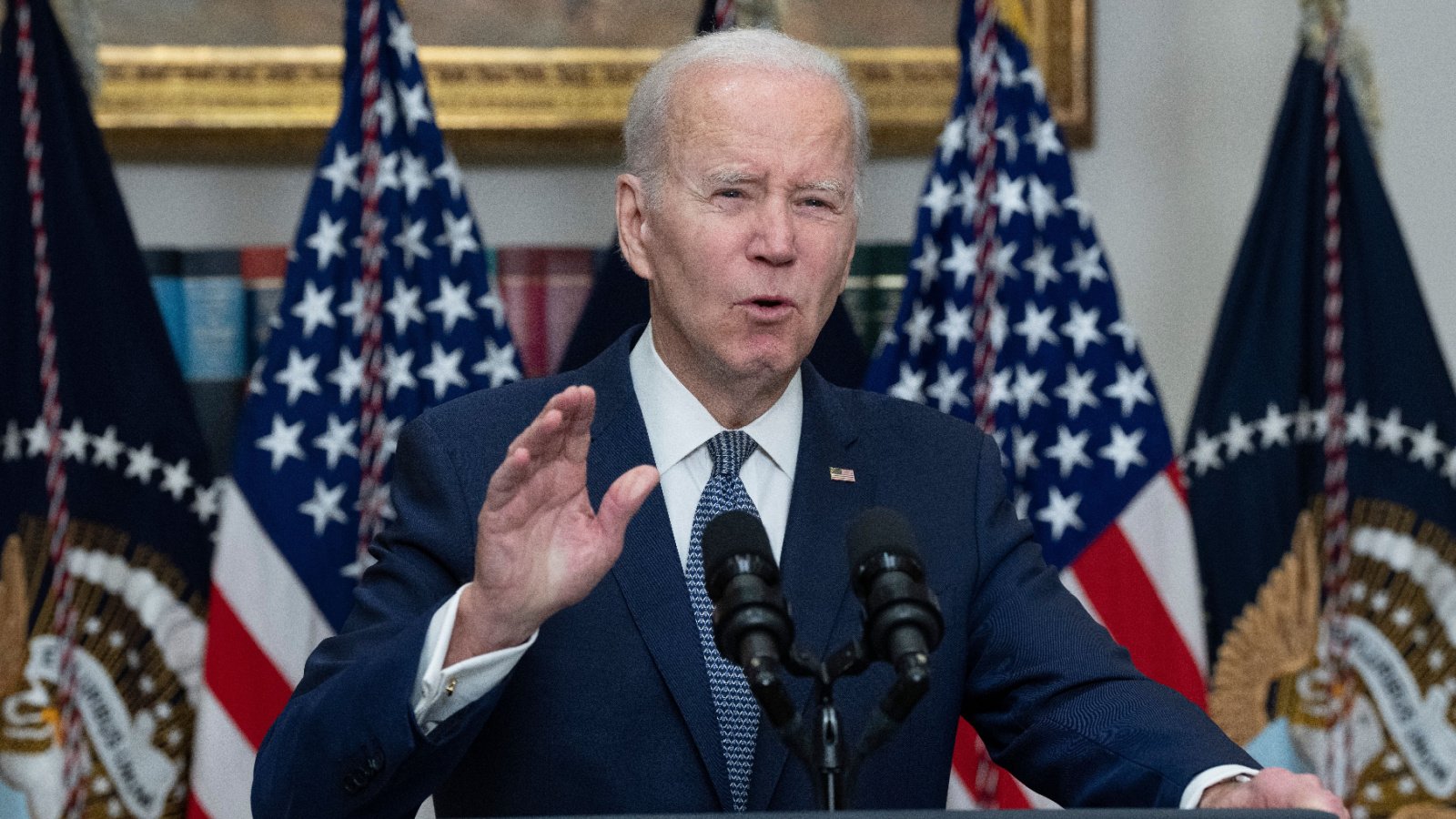An independent commission identified missed opportunities and legal obstacles that could have prevented Maine’s deadliest mass shooting. The report highlights the need for law enforcement and legal reforms to address these failures. Recommendations aim to improve response and prevention measures.
A Missed Opportunity

Before Maine witnessed its most devastating mass shooting, an independent commission discovered that there were missed chances to prevent the gunman from carrying out the atrocity. This revelation came after scrutinizing the precursor events and the actions of Army reservist Robert Card, who tragically ended 18 lives at a bowling alley and a bar.
A Critical Oversight

A critical eye was cast upon Sgt. Aaron Skolfield for his failure to act on a crucial report about Robert Card’s deteriorating mental health and violent threats, five weeks prior to the shooting. Despite clear signs of a crisis, Skolfield overlooked the opportunity to initiate a vital intervention that could have temporarily disarmed Card, potentially averting the disaster.
Silence From Authorities

In the aftermath of the commission’s findings, both the Maine State Police and the Sagadahoc County Sheriff’s Office have remained silent, offering no immediate response to the critiques leveled at their operations. The silence from these authorities underscores the gravity of the commission’s conclusions and the urgent need for reflection and reform.
An Ongoing Journey for Justice

Commission Chair Daniel Wathen emphasized that their investigation is far from over, aiming to provide crucial insights to both lawmakers and law enforcement on how to prevent such tragedies in the future. With a resolve to find the truth, Wathen’s statement highlighted a commitment to understanding the events leading to the tragedy, offering a semblance of solace to the affected families and the Maine community.
A Narrow Scope of Blame

Ben Gideon, representing the victims, pointed out the report’s focus on the sheriff’s office’s shortcomings, while neglecting the wider problem of firearm accessibility to individuals posing a threat. Expressing a mix of agreement and disappointment, Gideon called for a broader examination of preventive measures, expressing hope for future changes that extend beyond the immediate findings of the commission.
A Call for Transparency

Gideon also voiced a desire for the report to include the shooter’s health records, seeking transparency to aid the victims and the public in understanding the full context of the tragedy. This call for openness reflects a broader quest for accountability and the importance of comprehensive information in the healing process.
A High-Powered Commission

Guided by the expertise of Maine’s former chief justice, a past U.S. attorney, and a key forensic psychologist, this commission was born out of a collaboration between Governor Janet Mills and Attorney General Aaron Frey. Its creation signifies a robust attempt to dissect the circumstances leading to Maine’s tragic mass shooting and to forge pathways to prevent future calamities.
A Rigorous Investigation

Since November, the commission has been on a quest for answers, engaging with a broad spectrum of voices from law enforcement, survivors, victims’ families, and the U.S. Army Reserve. Through seven intensive sessions, their mission has been to uncover any missed opportunities to avert the tragedy and to recommend actionable changes for the future, underscoring the gravity of their task.
The Governor’s Commitment

Governor Mills has elevated the commission’s findings to a matter of utmost importance for the state, promising a thorough review of their recommendations. This pledge reflects a dedicated approach to ensuring such a heartbreak is never repeated in Maine, demonstrating a commitment to both security and reform.
A Tragic Figure

Robert Card, whose life ended as tragically as the lives he took, had been a figure of concern long before the events unfolded. Warnings from his family and signs of his mental health struggles and aggressive behavior had been evident, painting a picture of a man in deep crisis. These accounts, combined with Card’s history of alarming actions, underscore the complexity of preventing such tragedies.
The Challenge of Intervention

The commission heard firsthand about the challenges law enforcement faced in trying to intervene with Card, revealing the limitations of Maine’s yellow flag law. Sgt. Skolfield’s testimony about the difficulties in performing a welfare check on Card highlights the legal and procedural hurdles in taking preemptive action against potential threats.
Heartrending Testimonies

The commission’s sessions have been marked by poignant testimonies from those most affected by the shooting. The devastating impact on families, like that of Rachael Sloat and her daughter, serves as a powerful call to action for all Americans, urging a collective reflection on the responsibility to prevent such losses.
Towards a Safer Future

As the commission prepares for further meetings, with a final report anticipated in the summer, their ongoing efforts reflect a deep-seated commitment to learning from this tragedy. Through this comprehensive review, Maine aspires to chart a course toward safety and prevention, ensuring that the voices of victims and their families lead the way to meaningful change.









Awesome post! Join the fun at https://www.web-prf-whatsweb.com 在 WhatsApp 网页版上进行敏感信息传递,保证资料安全不被泄露。 . Date: 2026-01-14 18:38:13 (-03).